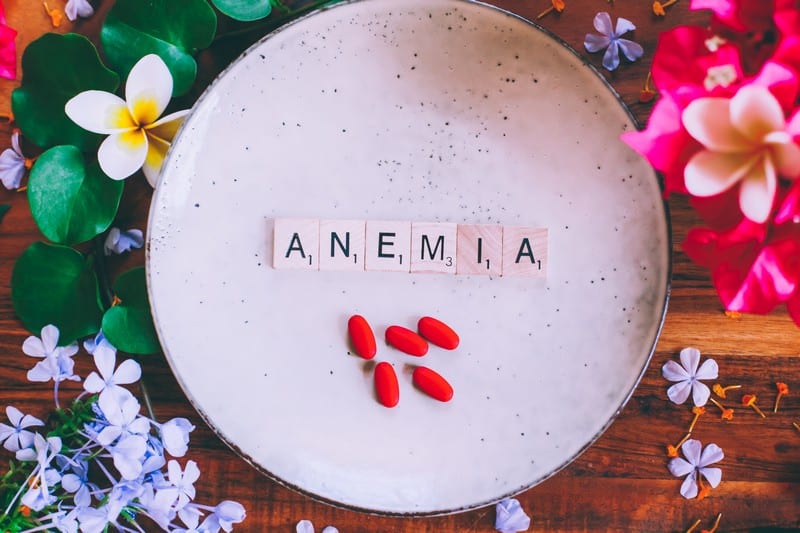Pernicious Anemia

Pernicious anemia refers to a condition that causes a deficiency in vitamin B12. It’s believed to be primarily caused by autoimmune processes that obstruct a person’s ability to produce substances called intrinsic factors. These substances are necessary to absorb the dietary vitamin in your small intestine. It’s an essential nutrient that aids in the proper generation and function of RBCs in your body. The condition’s progression is generally slow, and because of this, it isn’t easy to recognize its symptoms. These may include fatigue, appetite loss, weakness, headaches, and chest pain.
In prolonged or severe cases of deficiencies in vitamin B12, symptoms like gastritis, nausea and vomiting, confusion, constipation, heartburn, muscle weakness, depression, and memory loss may present. The condition is often associated with specific autoimmune endocrine disorders. Those with diabetes, hypoparathyroidism, Addison’s disease, and Graves’ disease may be at risk of developing pernicious anemia more than those who don’t have them. Other risk factors of pernicious anemia may also include age and genetics.
Treatment for the condition is usually a multi-part process, consisting of injections of vitamin B12 that are monitored over time, following blood levels of the vitamin throughout the therapy’s course, and adjusting accordingly to doses.










